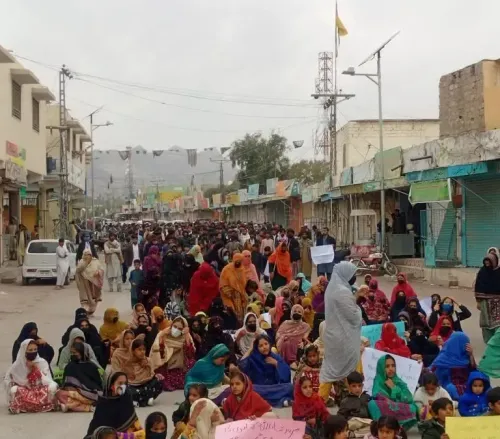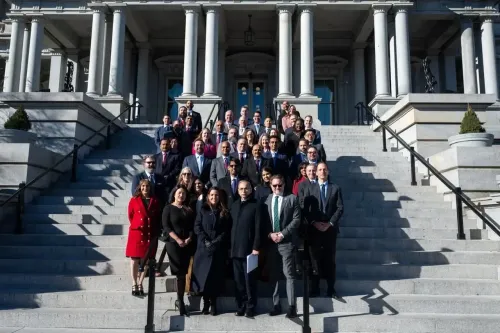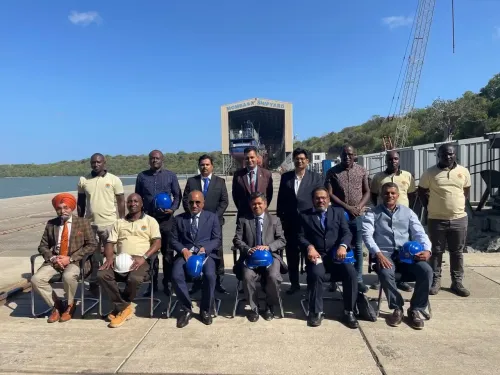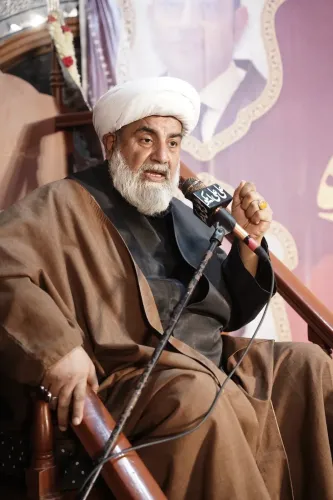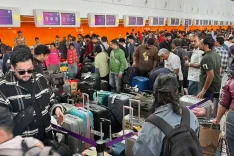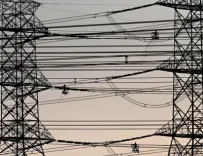Are Arrest Warrants Issued for Sheikh Hasina and Others in Enforced Disappearance Cases?

Synopsis
Key Takeaways
- Arrest warrants issued for Sheikh Hasina.
- Allegations include enforced disappearances and torture.
- Prosecution involves high-ranking security officials.
- Political tensions escalate amid investigations.
- Significant implications for Bangladesh's governance.
Dhaka, Oct 8 (NationPress) The International Crimes Tribunal (ICT) of Bangladesh has issued arrest warrants for former Prime Minister Sheikh Hasina and various high-ranking security officials following accusations of enforced disappearances during the tenure of the previous Awami League government, as reported by local media.
On the same day, two formal charges were filed by the ICT prosecution against Hasina and her security and defense advisor, Tarique Ahmed Siddique.
The prosecution alleges that one charge implicates Hasina, Tarique, and 15 others—including former senior members of the Rapid Action Battalion—with five counts of enforced disappearances and torture linked to the Task Force for Interrogation (TFI) Cell.
A second charge involves 13 individuals, including Hasina and Tarique, facing accusations of enforced disappearances and torture at the Joint Interrogation Cell (JIC), according to Jugantor, a leading Bengali daily.
Moreover, several former officials from the Directorate General of Forces Intelligence (DGFI), including lieutenant generals and major generals, have been implicated.
Formal charges have also been filed against Border Guard Bangladesh (BGB) officer Lt Col Redwan Ahmed and three others for their alleged involvement in the Rampura killings during protests last July.
This situation emerges amid a broader crackdown on Awami League leaders and supporters under the interim government led by Mohammad Yunus.
On Tuesday, the ICT's investigative agency initiated a formal investigation into the Awami League as a political entity regarding alleged crimes against humanity during the July protests, local media has reported.
Chief Prosecutor Mohammad Tajul Islam confirmed the appointment of an investigation officer during a press conference on Tuesday, further emphasizing the seriousness of the situation.
This announcement follows earlier comments made by the Chief Prosecutor on October 5, where he signaled the start of a formal inquiry into the Awami League.
Many analysts interpret these actions as a significant political vendetta orchestrated by the Yunus administration, particularly as multiple cases have been filed against Hasina, her party members, and officials during her administration on seemingly trivial grounds following her ousting in August 2024.


